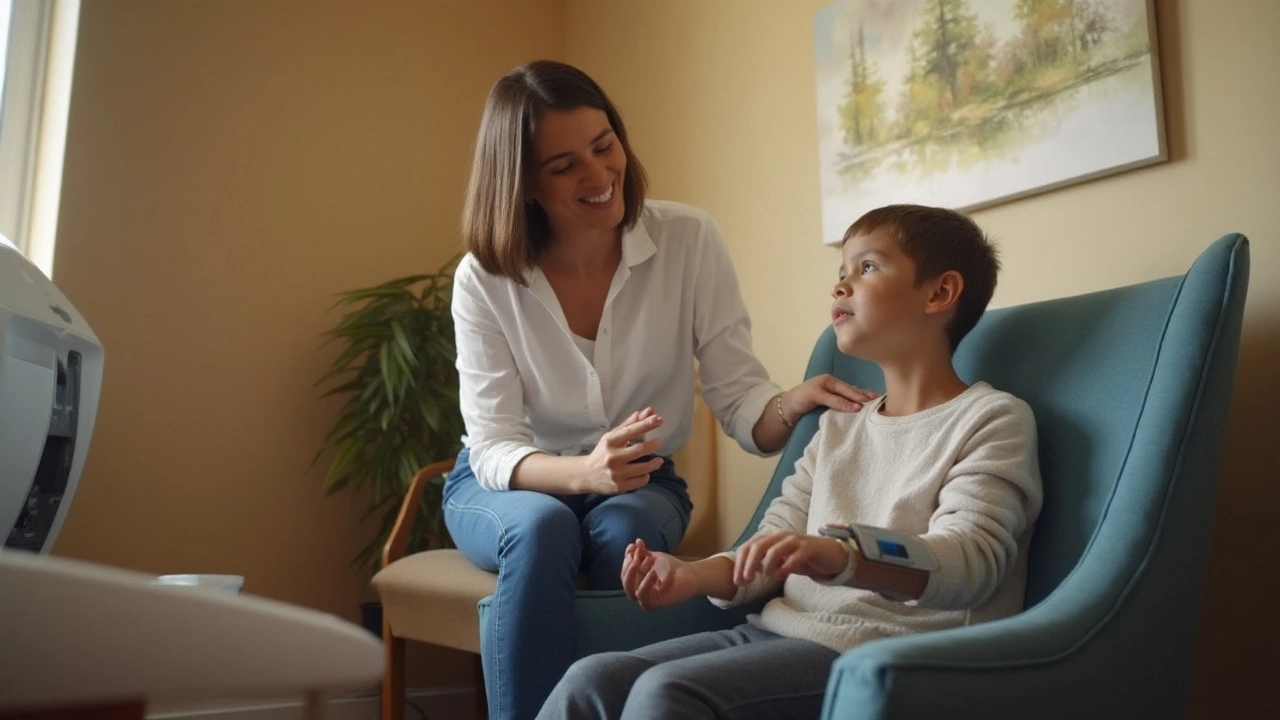Understanding Autism: Support and Wellness Tips for Everyday Life
Dealing with autism means learning what fits best for you or your loved ones, and knowing where to find trusted advice. Autism affects many aspects of life, from communication to sensory experiences, and it’s important to focus on tools that improve quality of life in practical ways.
Mindfulness can play a big role here. It’s not just about meditation. Mindfulness teaches how to be present with feelings and challenges without getting overwhelmed, which can reduce stress for both individuals with autism and their caregivers. Simple practices grounded in everyday moments—like mindful eating or breathing—help build calmness and better focus.
Creative Arts Therapies: Healing Through Expression
Creative arts therapies are especially handy for people on the autism spectrum. These include art, music, and movement therapies, which not only offer a fun way to express feelings but also boost emotional resilience and communication skills. For example, drawing or playing an instrument can open new paths to connect with others when words are tough to find. These therapies make it easier to navigate social challenges and foster emotional growth in a supportive setting.
Building Emotional and Mental Well-being Every Day
Good mental health is key for managing autism, and it’s worth developing habits that support it consistently. Relaxation techniques like aromatherapy massages can ease anxiety. Choosing essential oils carefully offers natural stress relief that fits into daily routines without extra hassle.
It’s also smart to approach health goals one step at a time. Whether it’s improving diet, increasing physical activity, or setting clear routines, small changes add up without overwhelming you. Using strategies from mindfulness to creative therapies creates a balanced approach to wellness that respects individual differences and needs.
Autism doesn’t have a one-size-fits-all fix, but combining these practical ideas can make life smoother and more fulfilling. The goal is finding what clicks personally and sticking with it, turning challenges into manageable parts of your everyday story.

Harnessing Biofeedback for Autism Spectrum Disorder Therapy
Dec 9 2024 / BiofeedbackBiofeedback provides a promising method for treating autism spectrum disorder by using the body's signals to improve emotional regulation and focus. It involves real-time monitoring of physiological activities such as heart rate and brainwaves, helping individuals to gain control over these processes. This technique can aid in reducing anxiety and enhancing concentration, leading to better communication and social skills. Incorporating biofeedback into personalized therapy plans could open new pathways for autism interventions. The method is non-invasive and offers an alternative to traditional medicinal approaches.
VIEW MORE